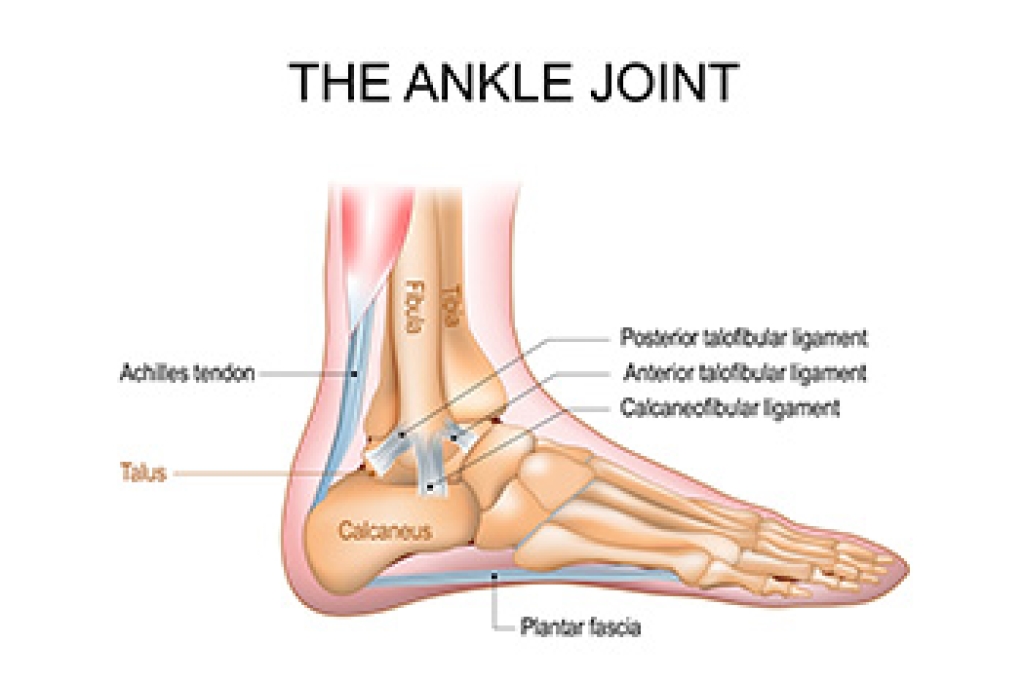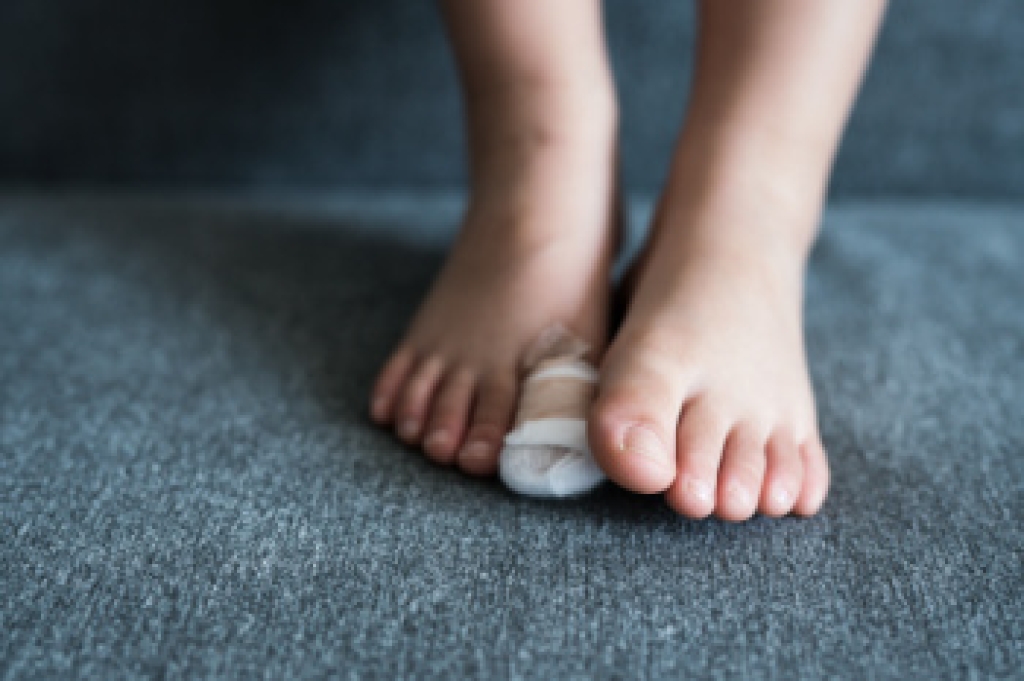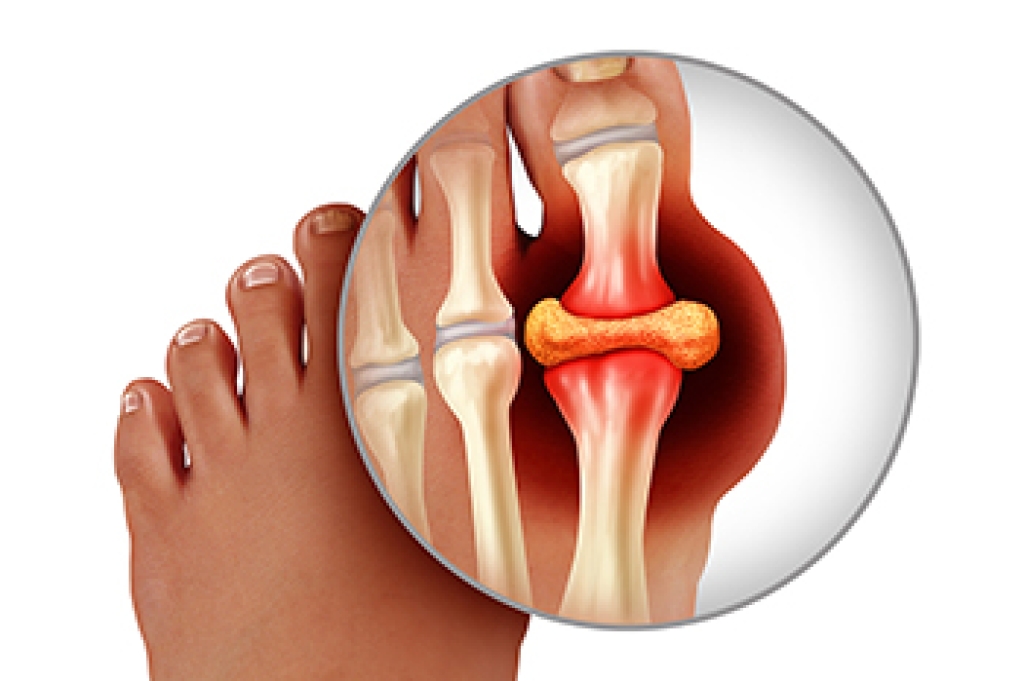
The ankle joint is where the tibia, or shin bone, connects with the talus bone in the foot. It is supported by the medial malleolus of the tibia on the inside of the ankle and the lateral malleolus on the outside. These structures work together with ligaments, tendons, and muscles to allow movement, provide stability, and bear body weight. When biomechanics are not correct, it can lead to injuries such as sprains, fractures, tendonitis, or chronic instability. A podiatrist can assess ankle alignment, identify underlying issues, and provide treatments such as custom orthotics, and strengthening exercises. If you experience ankle pain, weakness, or repeated injuries, it is suggested that you promptly seek podiatric care to restore proper biomechanics, and improve function.
If you have any concerns about your feet, contact Leonard Talarico, DPM from Georgia. Our doctor can provide the care you need to keep you pain-free and on your feet.
Biomechanics in Podiatry
Podiatric biomechanics is a particular sector of specialty podiatry with licensed practitioners who are trained to diagnose and treat conditions affecting the foot, ankle and lower leg. Biomechanics deals with the forces that act against the body, causing an interference with the biological structures. It focuses on the movement of the ankle, the foot and the forces that interact with them.
A History of Biomechanics
- Biomechanics dates back to the BC era in Egypt where evidence of professional foot care has been recorded.
- In 1974, biomechanics gained a higher profile from the studies of Merton Root, who claimed that by changing or controlling the forces between the ankle and the foot, corrections or conditions could be implemented to gain strength and coordination in the area.
Modern technological improvements are based on past theories and therapeutic processes that provide a better understanding of podiatric concepts for biomechanics. Computers can provide accurate information about the forces and patterns of the feet and lower legs.
Understanding biomechanics of the feet can help improve and eliminate pain, stopping further stress to the foot.
If you have any questions please feel free to contact our office located in Pooler, GA . We offer the newest diagnostic and treatment technologies for all your foot and ankle needs.



